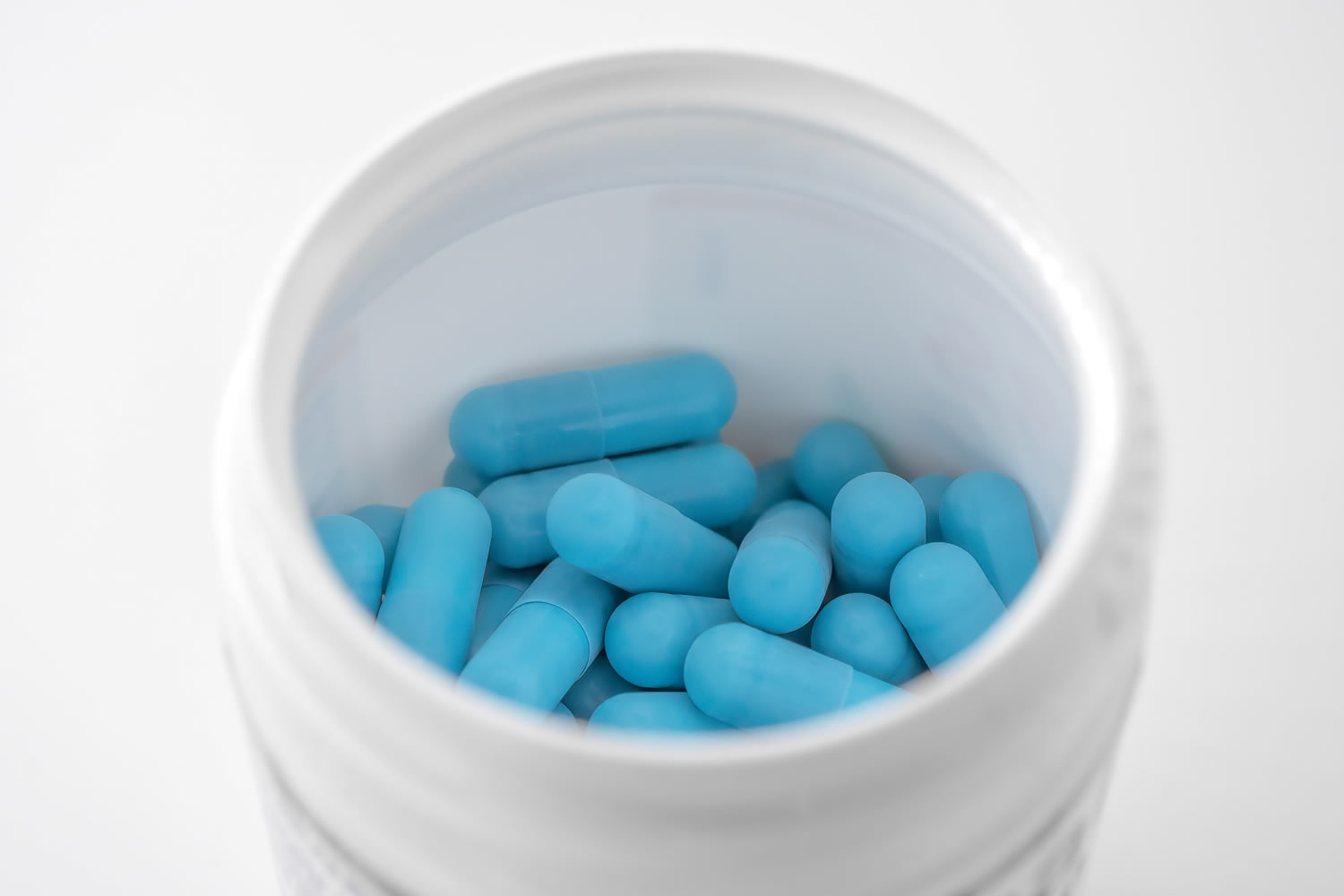

Doxycycline Hyclate stands out in the world of antibiotics for its multifaceted utility in treating various health conditions. Primarily known for its efficacy against a wide range of bacterial infections, it is commonly prescribed for respiratory tract infections, urinary infections, and skin conditions like acne. Its ability to combat bacteria like Chlamydia and Mycoplasma adds to its versatility, making it an indispensable medication in the fight against infectious diseases. Beyond its antibacterial properties, Doxycycline Hyclate is remarkable for its role in managing diseases transmitted by ticks, such as Lyme disease, and in preventing illnesses like malaria. This makes it a crucial medication for travelers to malaria-prone regions. Its utility extends to addressing non-infectious conditions such as rosacea, where it helps reduce inflammation. The breadth of Doxycycline Hyclate’s applications underlines its significance in modern medicine, offering solutions to a myriad of health challenges.
Is Doxycycline an Antibiotic?
Doxycycline, a member of the tetracycline family, is indeed an antibiotic celebrated for its broad-spectrum efficacy. This medication stands as a frontline defense against a diverse array of bacterial infections. Its flexibility in treating both acute and chronic conditions, from severe respiratory infections to persistent skin issues, highlights its vital role in contemporary healthcare. Additionally, Doxycycline’s use extends to preventive measures, offering protection against diseases like malaria, especially in regions where exposure risk is high. For those looking to buy Doxycycline online, it’s essential to ensure the source is reputable, ensuring the quality and effectiveness of this crucial antibiotic.
Can You Drink on Doxycycline?
The question of consuming alcohol while on Doxycycline is a topic of significant interest. While alcohol doesn’t directly diminish the effectiveness of Doxycycline, it’s advisable to exercise caution. Alcohol can exacerbate certain side effects associated with Doxycycline, such as dizziness and stomach upset, potentially compromising the comfort and wellbeing of the individual. Moreover, heavy drinking can strain the liver, which is already processing the antibiotic, possibly leading to heightened health risks. It’s prudent for individuals on Doxycycline to consult with healthcare professionals and consider limiting alcohol intake to ensure a safe and effective treatment course.
How Long Does It Take for Doxycycline to Work for Bacterial Infection?
The time frame for Doxycycline effectiveness in combating bacterial infections varies depending on several factors. Generally, a noticeable improvement in symptoms can be expected within 24 to 48 hours after starting the medication. However, this period can differ based on the nature and severity of the infection, as well as the individual’s overall health condition. It’s crucial for patients to complete the entire prescribed course, even if symptoms improve rapidly. Stopping the medication prematurely can lead to a resurgence of the infection and contribute to antibiotic resistance. It’s always recommended for individuals to follow their healthcare provider’s instructions precisely to achieve the best possible outcomes in treating bacterial infections.
How Long Does Doxycycline Take to Work?
The timeline for Doxycycline efficacy is not a one-size-fits-all scenario. Generally, initial signs of improvement in bacterial infections can be observed within a couple of days of commencing treatment. However, the full extent of its impact might take longer, often a week or more, especially for more severe infections. The exact duration depends on the type of infection being treated and individual patient factors, such as their immune system’s responsiveness and the severity of the infection. Patients should be aware that while symptoms might ease early, the full course of the antibiotic should be completed to prevent the infection from returning or the bacteria becoming resistant to the treatment. This cautious approach ensures the long-term effectiveness of Doxycycline and safeguards against the potential rebound of the ailment.
How Long Does Doxycycline Stay in Your System?
Doxycycline presence in the body is a matter of metabolic processing and elimination. Typically, it takes around 18 to 22 hours for the body to reduce the drug’s concentration in the bloodstream by half. For complete elimination, it usually requires about four to five half-lives, depending on various factors like kidney function, age, and overall health. This means that Doxycycline can stay in the system for approximately 3 to 4 days after the last dose. However, this duration can vary among individuals. Factors such as age, metabolic rate, and kidney function play a crucial role in how quickly the medication is processed and cleared. It’s essential for patients to understand this to gauge how long the drug’s effects might last post-treatment, and also to be aware of any potential interactions with other medications they might start after finishing their course of Doxycycline.
Conditions Treated by Doxycycline
Doxycycline, a versatile antibiotic, tackles a spectrum of bacterial infections and conditions. Its utility extends beyond typical bacterial ailments, addressing diseases like Lyme disease, where it prevents the bacteria’s progression. Remarkably effective against respiratory infections, it plays a pivotal role in combating pneumonia and bronchitis, along with urinary tract infections, by targeting the responsible bacteria. Its application in skin conditions such as acne and rosacea, where bacterial involvement is evident, has been beneficial. Moreover, Doxycycline is an ally in the prevention of malaria when traveling to high-risk areas. This broad scope of effectiveness showcases its importance in medical treatments, offering relief and recovery in diverse health scenarios.
Doxycycline Effectiveness for Sinus Infections
Doxycycline, renowned for its broad antibacterial coverage, is increasingly recognized as an effective treatment for sinus infections. Targeting the bacteria that often cause these infections, Doxycycline works by hindering bacterial growth, allowing the body’s immune system to effectively combat the infection. Its efficacy in treating sinus infections stems from its ability to penetrate deeply into the affected sinus tissue, ensuring that the drug reaches the site of infection. For patients suffering from recurring or severe sinus infections, Doxycycline offers a potent solution, delivering results where other antibiotics may fall short. This makes Doxycycline a preferred choice among healthcare professionals for managing challenging cases of sinus infections.
Post-Treatment Reactions to Doxycycline
When treatment with Doxycycline is concluded, patients may experience certain reactions as their bodies adjust. Unlike the direct effects seen during the medication course, these post-therapy reactions vary widely among individuals. Some may encounter transient issues like mild gastrointestinal discomfort or a change in gut flora balance. In rare cases, patients may notice an increase in sensitivity to sunlight or mild skin reactions, which gradually subside. It’s crucial to note that these responses are not indicative of long-term complications but rather a part of the body’s readjustment process after the cessation of antibiotic therapy. Medical professionals often advise monitoring these reactions and consulting healthcare providers if any concerning symptoms persist or escalate.




